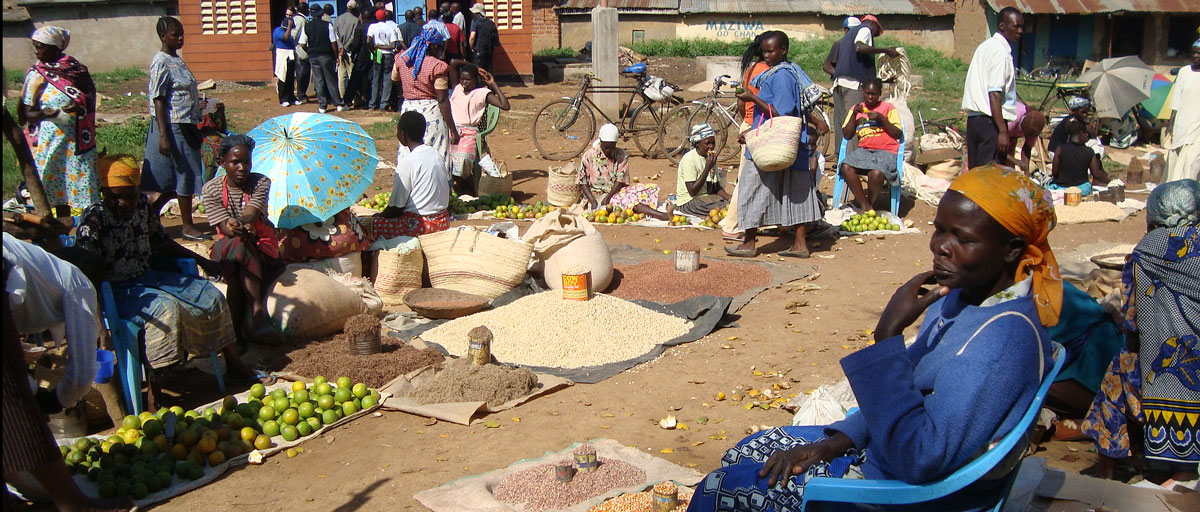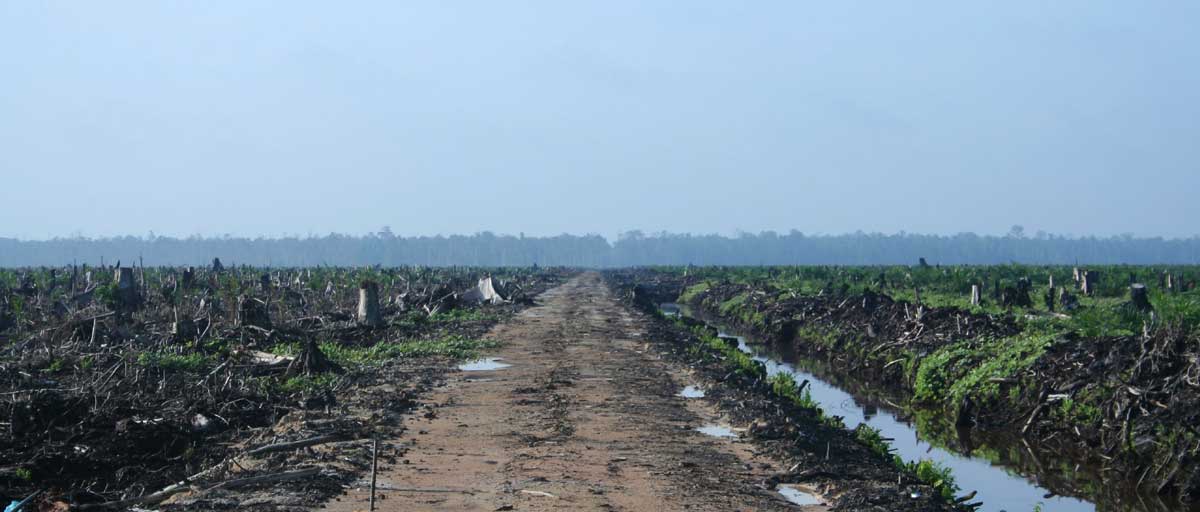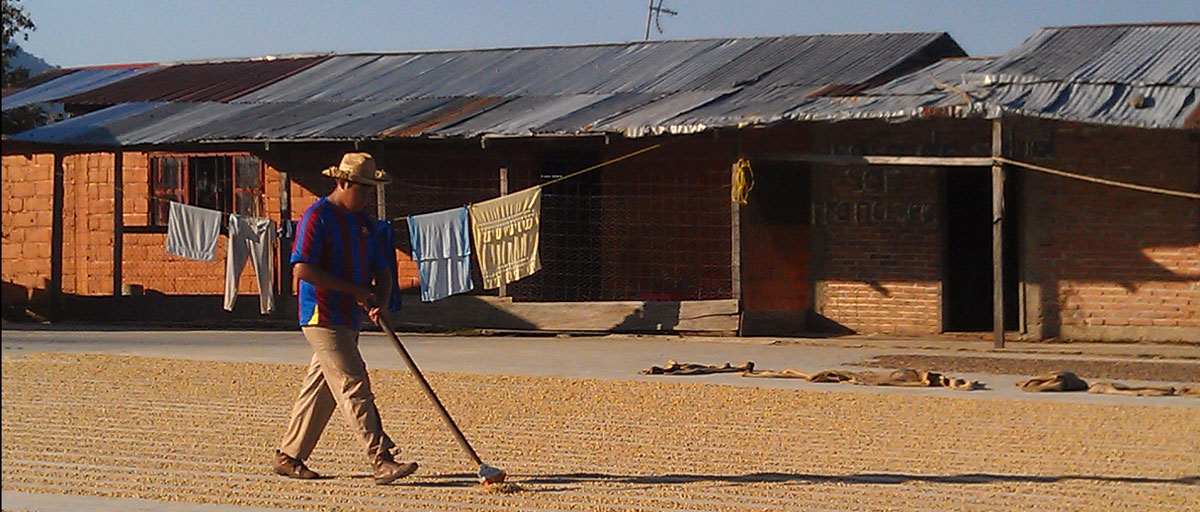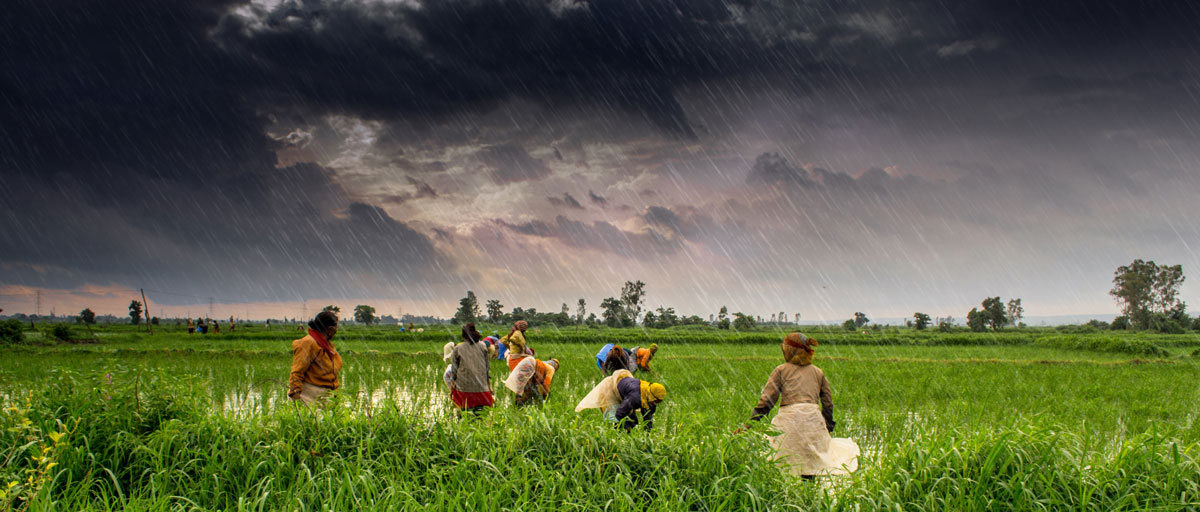Bildtext får vara max två rader text. Hela texten ska högerjusteras om den bara ska innehålla fotobyline! Photo: B. Christensen/Azote
Telecoupling
Making long distance relationships work
Local management of ecosystem services is often shaped by far-away power relations and decisions
• A novel “telecoupling” framework is presented to analyze how long distance social relations shape local management of ecosystem services
• Understanding how distant actors shape local contexts is argued to be increasingly essential to create effective and equitable strategies to manage ecosystem services
• The framework is used to analyze four cases: coral reef fisheries in Kenya, farming in Spain, dairy production in Belgium and nature tourism in Spain
Ecosystem services are the benefits that people receive from nature. Examples include fish, clean water, pollination and erosion prevention. While these services mostly benefit people who live where they are produced, the decisions that affect these services are taken in distant places by governments or corporate offices. This disconnect between who controls and whom benefits from ecosystem services can lead to conflict between groups and decisions that degrade ecosystem services.
How to better understand how local and distant actors shape local ecosystems is the challenge addressed in a new study published in Journal of Environmental Management, which was co-authored by centre researchers Albert Norström and Garry Peterson. The study’s first author is Berta Martín-López from the Leuphana University in Lüneburg, Germany, and the list of authors also includes researchers from Spain, Canada, Belgium, UK, France and Peru.
The researchers apply the concept of ““telecoupling”, a research framework that considers how both social and biophysical interactions across regions and scales connect different places. For example, migrating birds connect agricultural farmland in the central US and the Arctic, while global soybean markets connect the food demands of Chinese consumers to the land management decisions of Brazilian soybean farmers.
Understanding such long distance connections is a rapidly increasing part of sustainability research, but there have not been simple and practical ways to implement these frameworks on ecosystem services. This paper presents a framework for doing so.
Our research shows the slogan ‘think global act local’ is inadequate, resolving environmental issues in a fair way requires interconnected actions at multiple levels.
Garry Peterson, co-author
From fisheries in Kenya to tourism in Spain
The study proposes a ‘cross-scale influence-dependence framework’, which is designed to assess how social relations across scales influence the supply and distribution of ecosystem services among people.
The authors illustrate the potential of the new framework by applying it to four case studies: small-scale coral reef fisheries in Kenya, a grass-based dairy system in eastern Belgium, traditional farming in Spain, and nature tourism in rural areas of Spain.
The ‘cross-scale influence-dependence framework’ framework consists of four analytical steps. Step 1 identifies which social actors are associated with a particular set of ecosystem services, step 2 assesses how much those actors depend on the ecosystem services, step 3 assesses their influence on decision-making, and step 4 identifies the social relations among actors across local to global scales.
“By identifying actor's dependence on ecosystem services and influence on their management, we can detect those actors placed in vulnerable situations, such as fishermen and traditional farmers,” the researchers write.
Political ecology and ecosystem services
Applying the framework on the four case studies the authors found several contrasting patterns between who depends upon ecosystem services and who influences decision-making that affects this same set of ecosystem services.
Across the case studies, local farmers and fishermen were strongly dependent on ecosystem services, while decision making was strongly influenced by individuals and institutions elsewhere. Farmers were only influential at local scales, while the influence of the business sector increased as distance and scale increased.
For example, in the Spanish farming case of the Nacimiento watershed, the framework revealed how the power exerted through legislation by government policy-makers at the regional and European levels has led to the technological upgrading of ancient irrigation channels. This has in its turn had a direct negative impact on the supply of essential ecosystem services for local farmers, such as water regulation and erosion control.
Peterson says “Our research shows the slogan ‘think global act local’ is inadequate, resolving environmental issues in a fair way requires interconnected actions at multiple levels. This research provides a framework that can help people identify where actions and connections are needed.”
Furthermore, the researcher emphasise that their ‘cross-scale influence-dependence framework’ combines methodological tools to identify social relations and uncover power asymmetries among actors with knowledge and tools from natural resource management. This combination help translate ideas from political ecology into ecosystem services research and practice.
Martín-López, B., Felipe-Lucia, M.R., Bennett, E.M., Norström, A., Peterson, G., Plieninger, T., Hicks, C.C., Turkelboom, F., García-Llorente, M., Jacobs, S. and Lavorel, S. 2019. A novel telecoupling framework to assess social relations across spatial scales for ecosystem services research. Journal of Environmental Management, 241, pp.251-263.
Albert Norström works with multiple projects that all focus on exploring the reliable production of ecosystem services in social-ecological systems and their futures in the Anthropocene.
Garry Peterson is a professor in environmental sciences with emphasis on resilience and social-ecological systems. He is also head of subject in sustainability science at the Stockholm Resilience Centre











